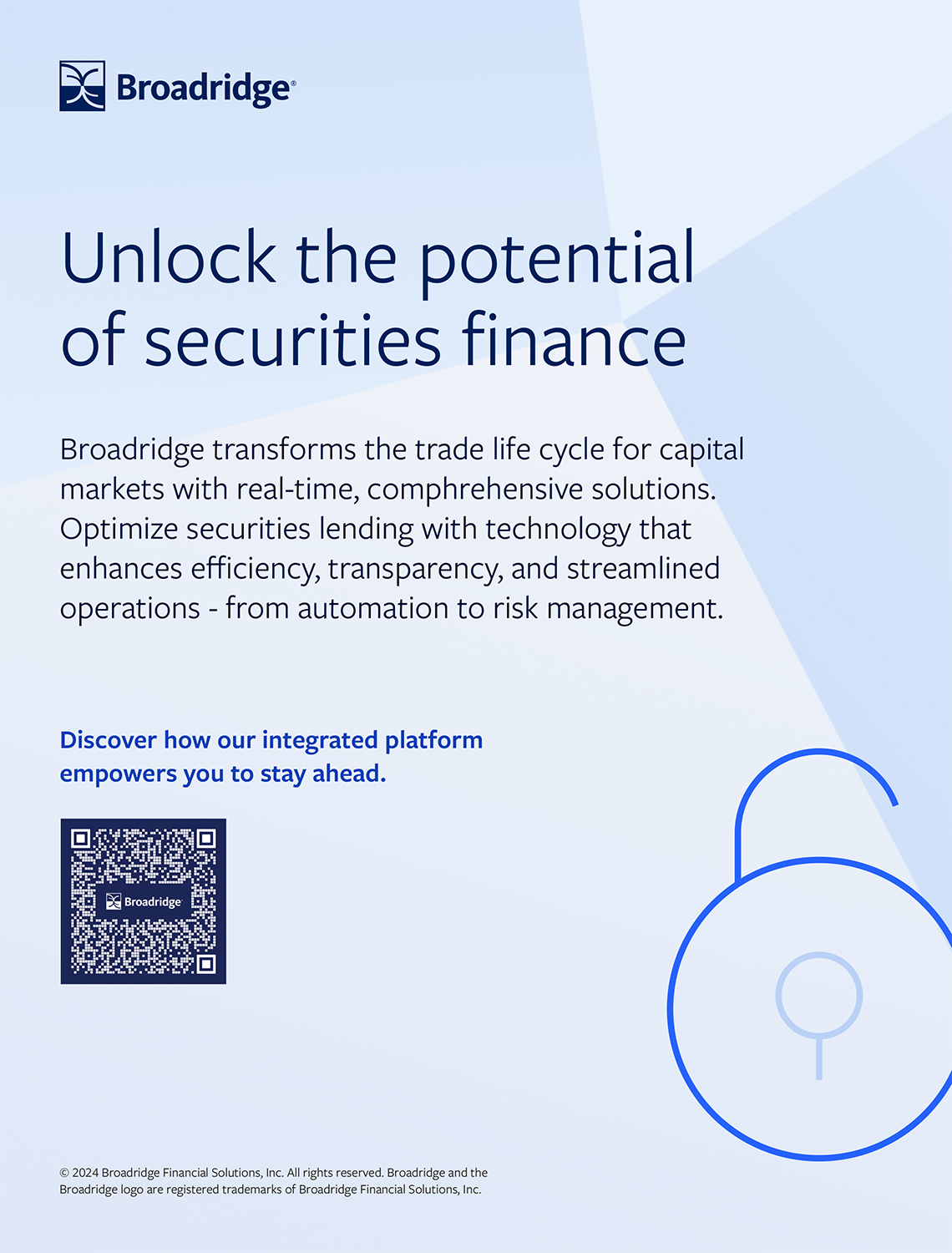Clearstream processes first demat securities issued on D7 platform
15 December 2021 Germany
 Image: AdobeStock/Idey
Image: AdobeStock/Idey
Clearstream has processed its first dematerialised securities issued in its D7 central register, supporting demat issuance by Deka Bank and by MünchenerHyp in collaboration with DZ Bank.
This marks the launch of the first live element of Deutsche Börse’s D7 platform, its digital post-trade infrastructure allowing financial institutions to issue and process financial products in digital format with access to established market infrastructure and new decentralised networks.
Following the introduction of new legislation in the German market which now permits digital issuance of securities in Germany, Clearstream’s electronic central register enables issuance and registration of electronic securities for the first time.
Prior to the enactment of eWpG, this new German electronic securities law, securities issuance traditionally required a paper certificate.
With these rule changes, certificates and commercial paper with fixed amount global notes can be entered into the central register.
This D7-based register connects with TARGET2-Securities, the securities settlement platform owned and operated by the Eurosystem, and streamlines upstream and downstream data flows relating to listing, execution and settlement.
This also allows issuers and other stakeholders to monitor legal and processing status, fixed nominals and redemptions, along with other details of electronic securities held in Clearstream’s central register.
Deutsche Börse Group’s strategy is to support the full digital value chain from issuance, through trading, clearing and risk management, through to settlement and custody — along with associated services that users require such as foreign exchange services, financing and data management.
In parallel with the release of the Clearstream central register, market participants including BNP Paribas, DZ BANK, Goldman Sachs, Raiffeisen Bank International and Vontobel, have commenced user testing for DI Execution, phase two of the D7 platform relating to simulated issuance for structured products.
From mid-2022, DI Execution will support issuance, management and operation for digital instruments across the product lifecycle.
Further enhancements to the D7 platform are likely to be rolled out over the coming two years.
Speaking about the release of the electronic central register, Philippe Mueller, Clearstream’s head of issuer CSD services, says: “The launch of D7 and the central register is the farewell to paper certificates in Germany.
“Enabling issuance and registration of digital financial instruments will boost efficiencies for the whole market, building the foundation for the transformation towards true digital financial markets. Clearstream offers issuers a seamless digital experience for issuance and the whole securities lifecycle, as well as an investor reach Europe-wide.”
The German Law on Electronic Securities, eWpG, was passed on 10 June 2021 and prepared the path for issuing securities electronically rather than via a physical certificate.
The law is founded on the German Federal Government’s blockchain strategy and is targeted at bearer bonds and investment funds — with the issued securities designated as either a central register security or a cryptosecurity, depending on the type of register in which the security is issued.
This marks the launch of the first live element of Deutsche Börse’s D7 platform, its digital post-trade infrastructure allowing financial institutions to issue and process financial products in digital format with access to established market infrastructure and new decentralised networks.
Following the introduction of new legislation in the German market which now permits digital issuance of securities in Germany, Clearstream’s electronic central register enables issuance and registration of electronic securities for the first time.
Prior to the enactment of eWpG, this new German electronic securities law, securities issuance traditionally required a paper certificate.
With these rule changes, certificates and commercial paper with fixed amount global notes can be entered into the central register.
This D7-based register connects with TARGET2-Securities, the securities settlement platform owned and operated by the Eurosystem, and streamlines upstream and downstream data flows relating to listing, execution and settlement.
This also allows issuers and other stakeholders to monitor legal and processing status, fixed nominals and redemptions, along with other details of electronic securities held in Clearstream’s central register.
Deutsche Börse Group’s strategy is to support the full digital value chain from issuance, through trading, clearing and risk management, through to settlement and custody — along with associated services that users require such as foreign exchange services, financing and data management.
In parallel with the release of the Clearstream central register, market participants including BNP Paribas, DZ BANK, Goldman Sachs, Raiffeisen Bank International and Vontobel, have commenced user testing for DI Execution, phase two of the D7 platform relating to simulated issuance for structured products.
From mid-2022, DI Execution will support issuance, management and operation for digital instruments across the product lifecycle.
Further enhancements to the D7 platform are likely to be rolled out over the coming two years.
Speaking about the release of the electronic central register, Philippe Mueller, Clearstream’s head of issuer CSD services, says: “The launch of D7 and the central register is the farewell to paper certificates in Germany.
“Enabling issuance and registration of digital financial instruments will boost efficiencies for the whole market, building the foundation for the transformation towards true digital financial markets. Clearstream offers issuers a seamless digital experience for issuance and the whole securities lifecycle, as well as an investor reach Europe-wide.”
The German Law on Electronic Securities, eWpG, was passed on 10 June 2021 and prepared the path for issuing securities electronically rather than via a physical certificate.
The law is founded on the German Federal Government’s blockchain strategy and is targeted at bearer bonds and investment funds — with the issued securities designated as either a central register security or a cryptosecurity, depending on the type of register in which the security is issued.
NO FEE, NO RISK
100% ON RETURNS If you invest in only one securities finance news source this year, make sure it is your free subscription to Securities Finance Times
100% ON RETURNS If you invest in only one securities finance news source this year, make sure it is your free subscription to Securities Finance Times



